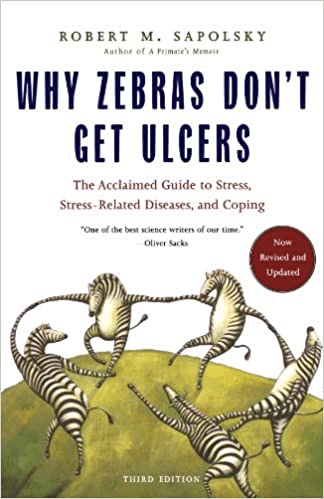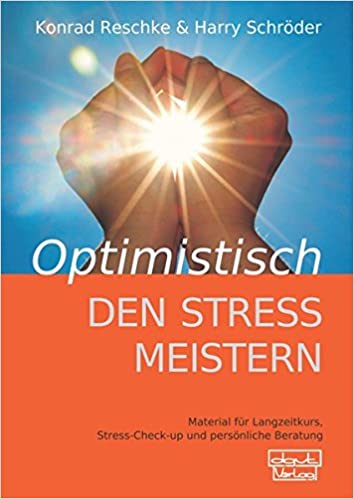Books for Therapists on Stress
Stress is often pointed as the main enemy of the modern era. Considered a degradant of quality of life, the discussion on stress is a wide and ever-evolving one, making it hard sometimes to follow all the developments. This segment intends to shed a light on all aspects and recent research on stress so that the reader is better equipped to recognize, control, and deal with this phenomenon.
To keep this site running, we are an Amazon Associate where we earn from qualifying purchases. While these links are amazon affiliate links, the selection of books remains accurate and unbiased.
“The Upside of Stress: Why Stress is Good for You and How to Get Good at It” by Kelly McGonigal

Top of the field psychologist and researcher Kelly McGonigal, in this book, presents us with a revolutionary and pollemical take on stress. McGonigal, using evidence-based facts, argues that it’s not stress that is bad for us- but the view we have of it. By using this bold statement as a starting point, the book teaches us ways in which we can be better at stress, and how it can be benefitial to us in our personal and professional lives.
“Why Zebras Don’t Get Ulcers: The Acclaimed Guide to Stress, Stress-Related Diseases, and Coping” by Robert M. Sapolsky

Primatologist Robert Sapolsky provides a wise and engaging discussion on stress and its damages in Why Zebras Don’t Get Ulcers. The book argues that the physiological responses that we have to stress are the same as an animal’s, with the difference being that humans can’t fight or flee their way out of it. As the years pass, our body’s reaction to stress can make us literally sick, and Sapolsky explains, with findings of substantial reasearch, how this happens and how to control it.
“Optimistisch den Stress meistern: Ein Programm für Gesundheitsförderung, Therapie und Rehabilitation” von Konrad Reschke und Harry Schröder

This manual for coping with stress includes three separate methods: a group training program as a long-term course (ten sessions), a stress check-up (for small groups, three sessions) and personal stress counseling (one session). All three intervention methods developed over many years of basic scientific research are theoretically justified in the first part of the book; in addition, the newer approaches to stress management (identity work, resource activation, future orientation and emotion regulation) are shown. The second part describes in detail the practical implementation of the program. The manualized, adaptively customizable stress management program has proven itself very well in practice for years. The relaxation technique used is mindfulness-based. The materials and worksheets can also be used in other therapy contexts.